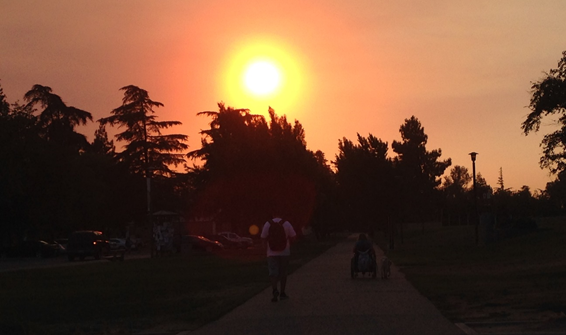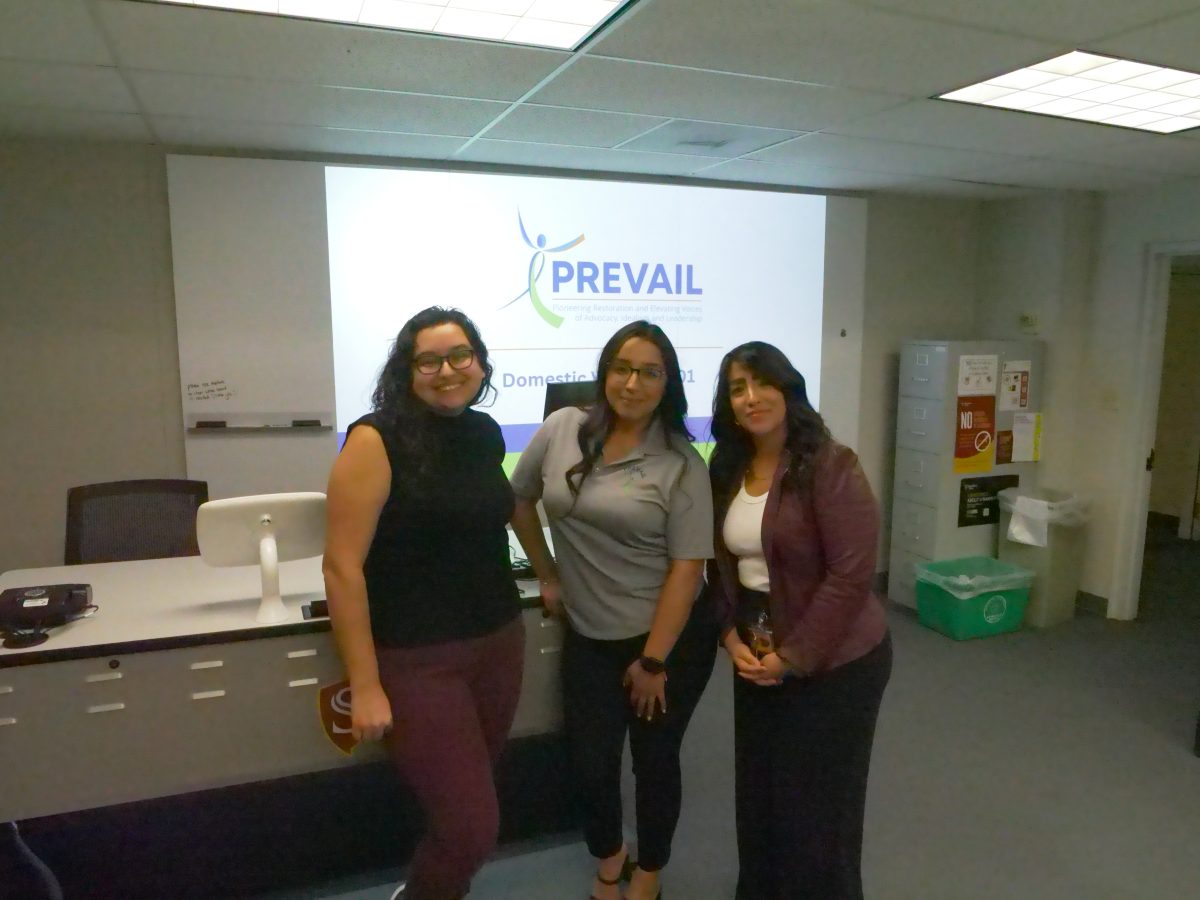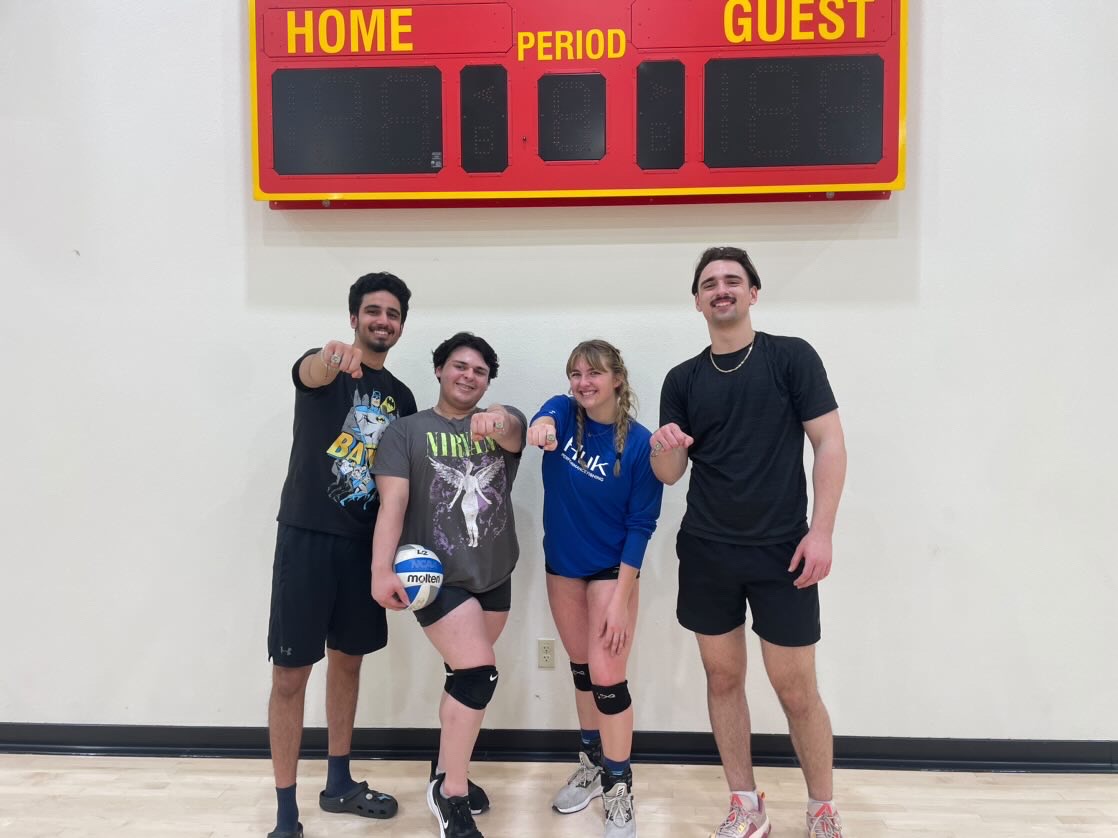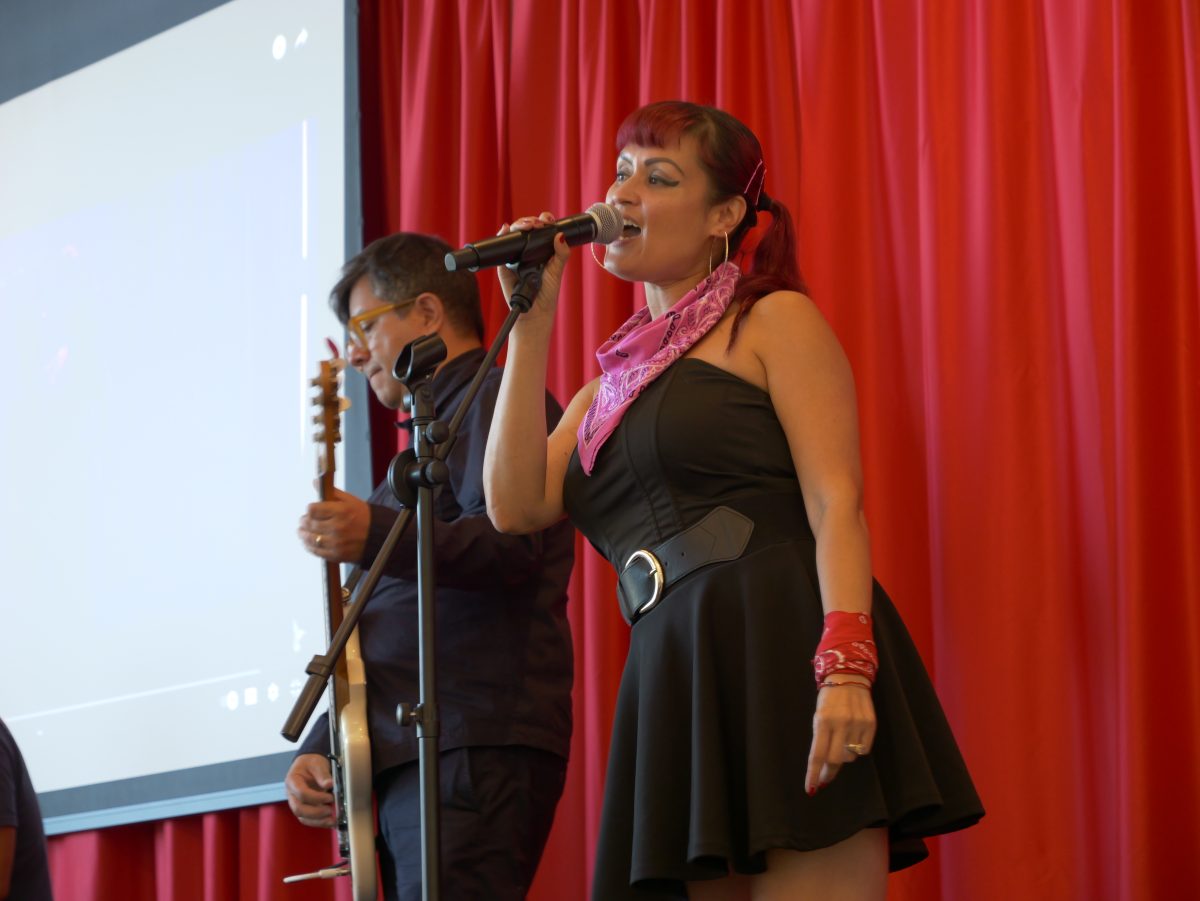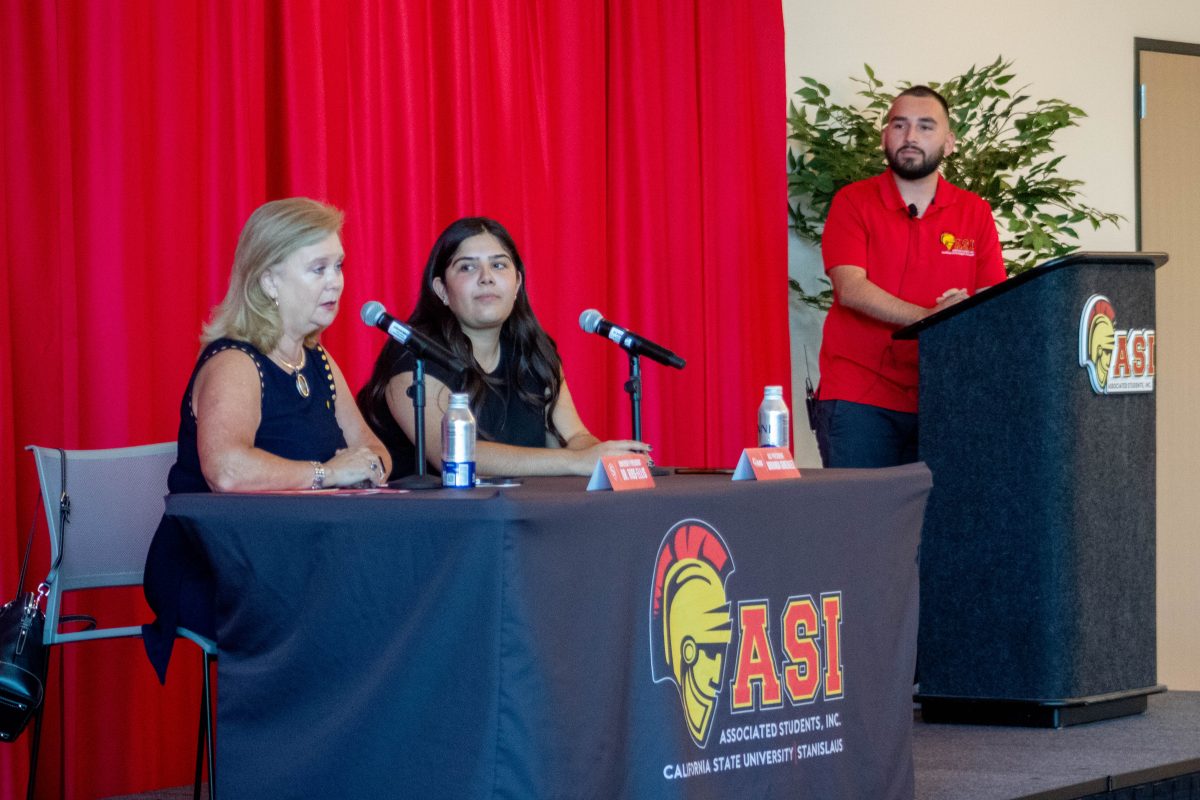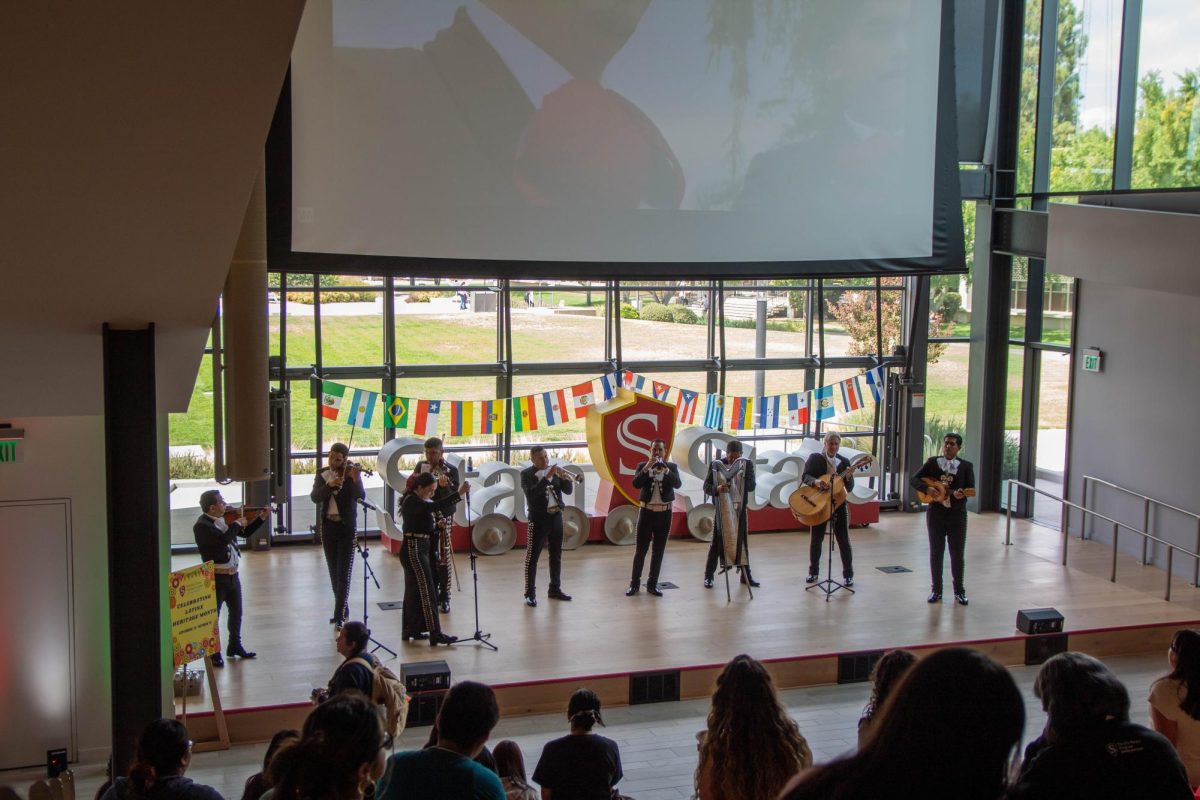“It should be talked about. It shouldn’t be something that you whisper under your breath. It’s scary in times of election because the next person can just take it away,” Jackie Hernandez (junior, Sociology), an undocumented student under DACA, said.
DACA stands for Deferred Action for Childhood Arrivals. It is a program that allows undocumented individuals who came to the United States as children, and meet several guidelines, to apply for a two-year deferral of deportation and work permits.
Hernandez is just one of the roughly 730,000 people currently under the
|
The guidelines for DACA as stated by U.S. Citizenship and Immigration Services: |
| 1. Were under the age of 31 as of June 15, 2012 |
| 2. Came to the U.S. before reaching 16th birthday |
| 3. Continuously resided in the U.S. since June 15, 2007, up to the present time; |
| 4. Were physically present in the U.S. on June 15, 2012, and at the time of making your request for consideration of deferred action with USCIS. |
| 5. Had no lawful status on June 15, 2012. |
6. Are currently one of these:
|
| 7. Have not been convicted of a felony, significant misdemeanor, or three or more other misdemeanors, and do not otherwise pose a threat to national security or public safety. |
program. In California alone, it is estimated that there are 210,000 people benefiting from DACA.
Even though an estimated 63 percent of the immediately eligible population applied for the program, many undocumented families did not. Afraid of losing the little peace of mind they had, they instead waited to see how things turned out for others in the same situation.
Hernandez was reluctant to apply at first. “We were kind of iffy about it. What if it’s a scam? That’s how they are going to get us.” said Hernandez, “But my friend got it and nothing happened to her.”
She expressed her disappointment at the lack of information that was given to her about DACA at California State University, Stanislaus (Stan State), and the lack of undocumented student resources readily available for students in her situation.
“I feel like our campus is very diverse, but they don’t want to advertise that there are undocumented students here” Hernandez said.
Hernandez is not the only one feeling unsupported and looking to call attention to the dearth of undocumented student resources on campus. Blanca Becerra (junior, Liberal Studies), one of the founding members of Student Advocates For Equality (SAFE), tells us how one of the newest clubs on campus is making a difference for the immigrant community.
The purpose of SAFE is to connect undocumented students with various opportunities on campus, to help educate the community about them, and foremost to let this population of students know that they are not alone.
“My friend Jose Paredes started the club last spring.” Becerra said, “He hosted Lotería Night and asked fellow students what they would want to see.”
What they found was that many undocumented students felt invisible, and hesitant to seek assistance on campus. They did not feel comfortable going anywhere in the school to get information or help, and indeed felt for the most part that staff and professors at Stan State were unaware of anyone in their situation or would not have the appropriate resources available to help them. In response, Paredes was spurred into action to create SAFE.
Although SAFE is currently working on getting chartered, the club already hosted a successful event last spring. The event, Salsa Night, was put together through a partnership with Movimiento Estudiantil Chicano de Aztlán (MEChA), another club present at Stan State. Among the events SAFE is planning for this semester are:
- DREAMer social on Oct. 21 from 5:00 p.m. to 8:00 p.m. at MSR, room 130.
- Dia de los Muertos fundraiser on Nov. 2 from 11:00 a.m. to 2:00 p.m. at the quad. They will be selling tacos and aguas frescas.
- Posada Night in early December in partnership with MEChA. This event will be open to the community as well as students. All the profits will go towards creating scholarships for undocumented students.
In addition to this, SAFE meets every Monday from 5 p.m. to 6 p.m. in Bizzini Hall, room 102. The club also plans to give out Christmas gifts to immigrant families unable to afford them and host another Salsa Night next spring.
However, SAFE is not the only organization in the area trying to make a difference in the community. El Concilio, a non-profit organization that aims to improve the quality of life of Latinos and other under-served communities of the Central Valley in California, is also reaching out to educate the public.
With an estimated 39,000 undocumented immigrants in Stanislaus county, El Concilio has made it their mission to educate the community about this population.
“As far as the Latino community, they are aware of DACA, but there is a lot of misinformation… We are looking out for our gente.” Leo Galvan, a paralegal employed by El Concilio, said.
El Concilio is educating the public through monthly DACA workshops, DAPA forums, and other informational meetings about immigration programs that can lead to paths to citizenship. They also collaborate with Social Justice Collaborative on the DACA workshops during which attendees can get free consultations.
According to Galvan, the program is very rarely supported by the state and it is mostly self-funded. However, this year the California Department of Social Services has given El Concilio aid to help people prepare their DACA applications without having to charge a fee.
The grant of $70,000 has helped cover the expenses of the events El Concilio have been hosting since the beginning of 2016 and which will end on June of 2017. However, they remain optimistic that it will be renewed.
Although the organization has plans to continue educating at full speed, they are waiting to hear about the future of DACA and whether it will be expanded or eliminated.
“We are very hopeful. The election is very important…We encourage young Latinos and everyone to vote.” Galvan stated.
As a whole, the undocumented community is in limbo. Students, advocates and organizations alike will wait for the outcome of the election and the fate of their future.

